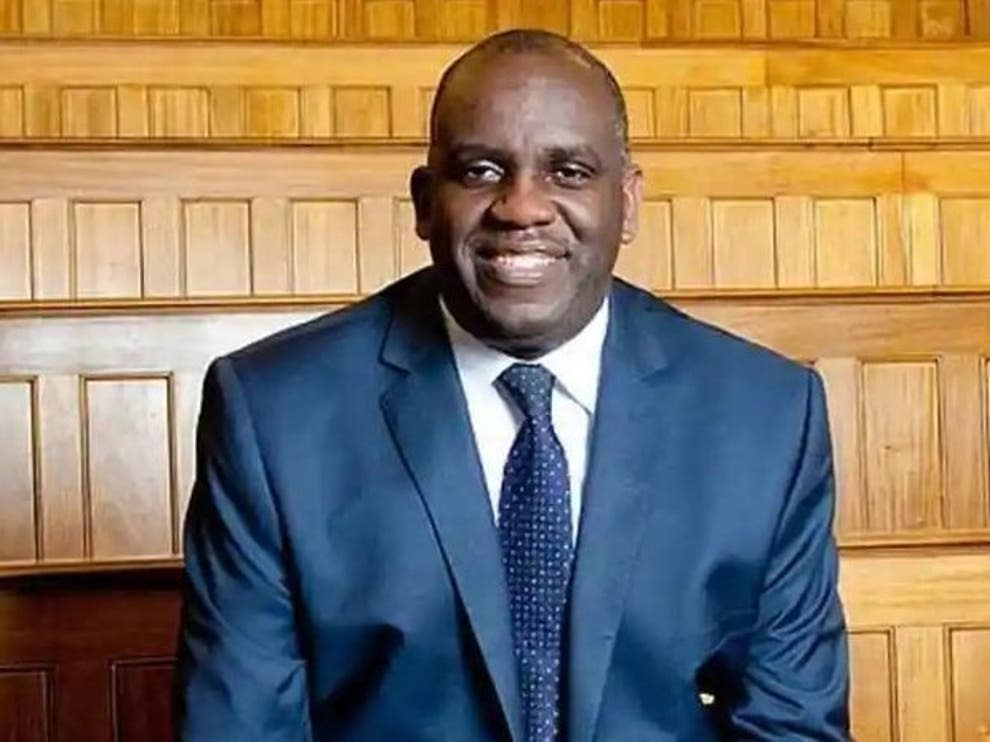Sewell says commission did find evidence of ‘persistent discrimination’ despite controversial race report

Dr Tony Sewell, who headed the Commission on Race and Ethnic Disparities
(Change.org)- Oops!Something went wrong.Please try again later.
A commission on racial inequality found evidence of “persistent race-based discrimination”, its chair told MPs on Thursday – despite barely mentioning the phrase in its widely contested report published earlier this year.
Tony Sewell, 62, headed up the 10-person, government-appointed Commission on Race and Ethnic Disparities that examined imbalances in education, employment, crime and policing and health.
The commission found no evidence of “institutional racism” in Britain, and said class, family influence, wealth, culture and religion “have more significant impact on life chances than the existence of racism”.
The findings were criticised as insulting and divisive, and Dr Sewell was accused of putting a “positive spin on slavery and empire” when explaining the commission’s recommendation on the teaching of history in schools.
Giving evidence to the Women and Equalities Select Committee on Thursday, Dr Sewell said: “Right from the outset we found evidence of persistent race-based discrimination. That was a key area; racism exists and it was persistent, it was there and it was a real fight. And we report that in the report.”
However, the issue is not wholly acknowledged in the lengthy 258-page report.
The phrase “persistent race-based discrimination” is mentioned only once, in the conclusion, which reads: “We have focused not just on persistent race-based discrimination but on the role of cultural traditions, including family, within different minority groups, the overlap between ethnic and socioeconomic disadvantage, and the agency we have as individuals and groups.”
Dr Sewell was answering questions from committee chair Caroline Nokes MP and a group of MPs including Nicola Richards, Bell Ribeiro-Addy and Kim Johnson.
Asked by Ms Ribeiro-Addy why the commission did not recommend ethnicity pay gap reporting, Dr Sewell cited contested data from the Office of National Statistics, which suggests Black and Arab women earn more than white women. These figures have been questioned due to a small sample size.
Dr Sewell also conceded that the commission may have been wrong to only brief a select group of journalists about the contents of the report, saying “we can be wise after the event”.
Former police superintendent Keith Fraser, who is one of 10 members of the race commission, also appeared before the committee, saying “we know institutional racism exists” in the UK, even though the report stated categorically that it found no evidence of this.
The report even criticised the way the term has been applied, saying it should not be used as a “catch-all” phrase.
The government has accepted the commission’s 24 recommendations and will publish an action plan in the coming weeks.
Read More
UK weather: The latest Met Office forecast
Lori Lightfoot sued for prioritizing interviews with journalists of colour
Chichester news - live: Armed police hunt for man ‘seen with weapon’ as schools send children home


